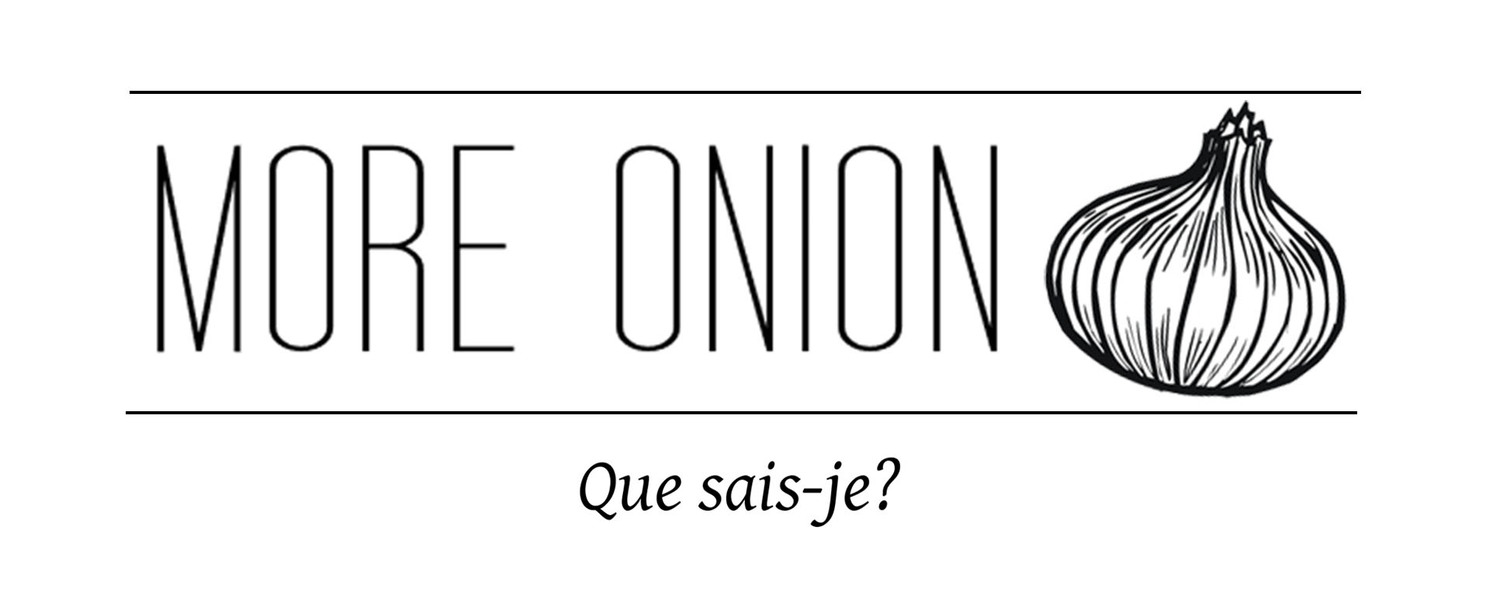Books of August 2018
Sapiens: A Brief History of Humankind - Yuval Noah Harari
If you're interested in a brief history of humankind then read Sapiens.
Sapiens is split into four separate parts, each devoted to a major part of human evolution: the cognitive revolution (c. 70,000 BCE, developing imagination), the agricultural revolution (c. 10,000 BCE, developing agriculture), the unification of humankind (consolidation of groups of people into one large globally unified group), and the scientific revolution (c. 1500 CE, the emergence of science). Each of these four revolutions profoundly changed and shaped the history of homo sapiens.
Obviously an entire history of humankind is a lot of material to cover (literally every single part of human history is contained in one of these four parts), but Harari's writing is very easy to read. The book reads very conversationally, which makes complicated topics that might be difficult to digest like the development of language/ religion/ money easy to understand. It's also definitely true that a lot of stuff is simplified, but I don't think that can really be avoided, given the scope of his project. The criticism of reductivism is fair, but I think it's better (and probably what he intended as well) to take the book's material and information more as an interesting starting point. He also does a pretty good job caveating a lot of the stuff he covers, which seems to also influence the organization of the book. The history of humankind Harari presents is very sequentially connected, and each section flows into the next via questions. Harari presents a question, answers it, has a follow up or a caveat about his previous answer, and then extends his answer. I really enjoy that organization and it connects his ideas very nicely, which combined with his writing style makes Sapiens very easy to follow.
Some parts I liked:
On the rapid ascension of Sapiens:
That spectacular leap from the middle to the top had enormous consequences. Other animals at the top of the pyramid, such as lions and sharks, evolved into that position very gradually, over millions of years. This enabled the ecosystem to develop checks and balances that prevent lions and sharks from wreaking too much havoc... In contrast, humankind ascended to the top so quickly that the ecosystem was not given time to adjust. Moreover, humans themselves failed to adjust. Most top predators of the planet are majestic creatures. Millions of years of dominion have filled them with self-confidence. Sapiens by contrast is more like a banana republic dictator. Having so recently been one of the underdogs of the savannah, we are full of fears and anxieties over our position, which makes us doubly cruel and dangerous.On the importance of communication:
Sapiens can cooperate in extremely flexible ways with countless numbers of strangers. That’s why Sapiens rule the world, whereas ants eat our leftovers and chimps are locked up in zoos and research laboratories.On the rapid evolution of Sapiens:
In contrast, ever since the Cognitive Revolution, Sapiens have been able to change their behavior quickly, transmitting new behaviors to future generations without any need of genetic or environmental change... In other words, while the behavior patterns of archaic humans remained fixed for tens of thousands of years, Sapiens could transform their social structures, the nature of their interpersonal relations, their economic activities and a host of other behaviors within a decade or two.On the difference between culture and biology:
How can we distinguish what is biologically determined from what people merely try to justify through biological myths? A good rule of thumb is ‘Biology enables, Culture forbids.’ Biology is willing to tolerate a very wide spectrum of possibilities. It’s culture that obliges people to realise some possibilities while forbidding others. Biology enables women to have children – some cultures oblige women to realise this possibility. Biology enables men to enjoy sex with one another – some cultures forbid them to realise this possibility.
Artemis Fowl - Eoin Colfer
If you're interested in reading a chill YA book about a 12 year old criminal mastermind/ evil genius then read Artemis Fowl.
I picked up Artemis Fowl because I got tired of reading hard stuff lol (mostly as a break from IJ). I last read the Artemis Fowl series in middle school (although up to the 6th book, I think they're up to 8 now?). The series were fun to read back then, and while I liked the series a lot more when I was younger, they're still pretty fun to read! The story is interesting and the main premise of hidden underground fairy police with crazy tech is fun.
The most annoying thing about the book though is that the characters are all kind of lame and super archetypal (I noticed this back then too but it bothers me a lot more now). Most character exposition is Butler being Big and Scary, Artemis being Smart but Morally Grey, Holly being Courageous but Cavalier, Root being Gruff but Secretly Soft, etc. and it gets old really fast. I originally wanted to read the first 5, but back to IJ it is!
Women, Race, and Class - Angela Y. Davis
If you are interested in learning about the intersection b/w women, race, and class in America then read Women Race & Class, but honestly I think everyone should read it (especially if you're *not* interested).
This was the first of my book recommendations from Keva. The book is pretty self explanatory from the title- Women Race & Class is about the intersection of women, race, and class in America. Angela Davis discusses the ways these three things have intersected with and influenced each other in ways that are often ignored or unnoticed. This was an incredibly insightful read; I learned so much from reading this book and I am grateful for having read it. I'm really looking forward to reading more of her books and I cannot recommend this book more to everyone!!! There is so much that I don't know!!!
Some of the quotes I liked a lot:
On the relationship between slavery and sexual equality:
This bears repeating: Black women were equal to their men in the oppression they suffered; they were their men’s social equals within the slave community; and they resisted slavery with a passion equal to their men’s. This was one of the greatest ironies of the slave system, for in subjecting women to the most ruthless exploitation conceivable, exploitation which knew no sex distinctions, the groundwork was created not only for Black women to assert their equality through their social relations, but also to express it through their acts of resistance.On the strength of women (quoting a speech from Sojourner Truth:
”I have ploughed, and planted, and gathered into barns and no man could head me! And ain’t I a woman? I could work as much and eat as much as a man—when I could get it—and bear the lash as well! And ain’t I a woman? I have borne thirteen children and seen them most all sold off to slavery, and when I cried out with my mother’s grief, none but Jesus heard me! And ain’t I a woman?”On the lived experiences of black slaves versus white middle-class women:
As blunt and polemical as this argument may have been, there was a lucidity about it that was unmistakable. Its vivid visual imagery demonstrated that the former Black slaves suffered an oppression that was qualitatively and brutally different from the predicament of white middle-class women.On the myth of "immorality" of Black women as a cyclical trap:
Since slavery, the vulnerable condition of the household worker has continued to nourish many of the lingering myths about the“immorality” of Black women. In this classic “catch-22” situation, household work is considered degrading because it has been disproportionately performed by Black women, who in turn are viewed as “inept” and “promiscuous.” But their ostensible ineptness and promiscuity are myths which are repeatedly confirmed by the degrading work they are compelled to do.On racism as planned class conflict:
Contrary to Kearney’s and Tillman’s logic, racial conflict did not emerge spontaneously, but rather was consciously planned by the representatives of the economically ascendant class. They needed to impede working-class unity so as to facilitate their own exploitative designs.On the relationship between the myth of the "black rapist" and the "bad black woman":
The myth of the black rapist of white women is the twin of the myth of the bad black woman—both designed to apologize for and facilitate the continued exploitation of black men and women.
Demian: The Story of Emil Sinclair's Youth - Hermann Hesse
If you're interested in the process of self realization or the struggle between the world of illusion and the world of truth then read Demian.
Demian is protagonist Emil Sinclair's coming of age story, titled Demian because of Sinclair's friend Demian who helps him achieve self realization. Presented as the reflections of an older Sinclair, the crux of the story is Sinclair's struggle between the world of illusion and the world of truth. Sinclair grows up in a world of religious safety and "goodness" with his family, but still feels irrevocably drawn to what is "bad" and evil, and for most of his younger years suffers from holding both of these diametrically opposed things in him. Through a long and painful period of self realization, Sinclair opens up to his unconsciousness and his true desires and understands the duality of good and evil as a false dichotomy, instead embracing both of them as united and necessary.
I haven't really figured out exactly why, but there's something about these books that feel lofty and unattainable, like they sit in the ivory tower of philosophy abstracted away from real life. I think I feel it especially contrasted with IJ where characters feel real and gritty and the book reads in a very honest and human way. It is easy to appreciate these books but difficult to really feel them. There is much to appreciate about Demian though- I found it a thoughtful and engaging read with a lot of very thought provoking ideas.
Some of my favorite quotes:
On embracing duality within yourself:
"I see that you think more than you can express. But if that is so, then you also know that you have never lived in experience all that you have thought, and that is not good. Only the thought that we live through in experience has any value. You knew that your 'world of sanction' was simply one-half of the world, and yet you tried to suppress the other half in you, as do the parsons and teachers. You will not succeed. No one succeeds who has once begun to think.”On scorn birthed from pain:
Superficially I appeared to despise the world in most manly fashion, whereas in reality I was secretly consumed by melancholy and despair.On the difficulty of being a real person:
I wanted only to try to live in obedience to the promptings which came from my true self. Why was that so very difficult?On philosophy:
"Come here," he called after a while, "we will practice a little philosophy. That means keeping one's mouth shut, lying on one's stomach and thinking."On your only duty:
A man has absolutely no other duty than this: to seek himself, to grope his own way forward, no matter whither it leads.




